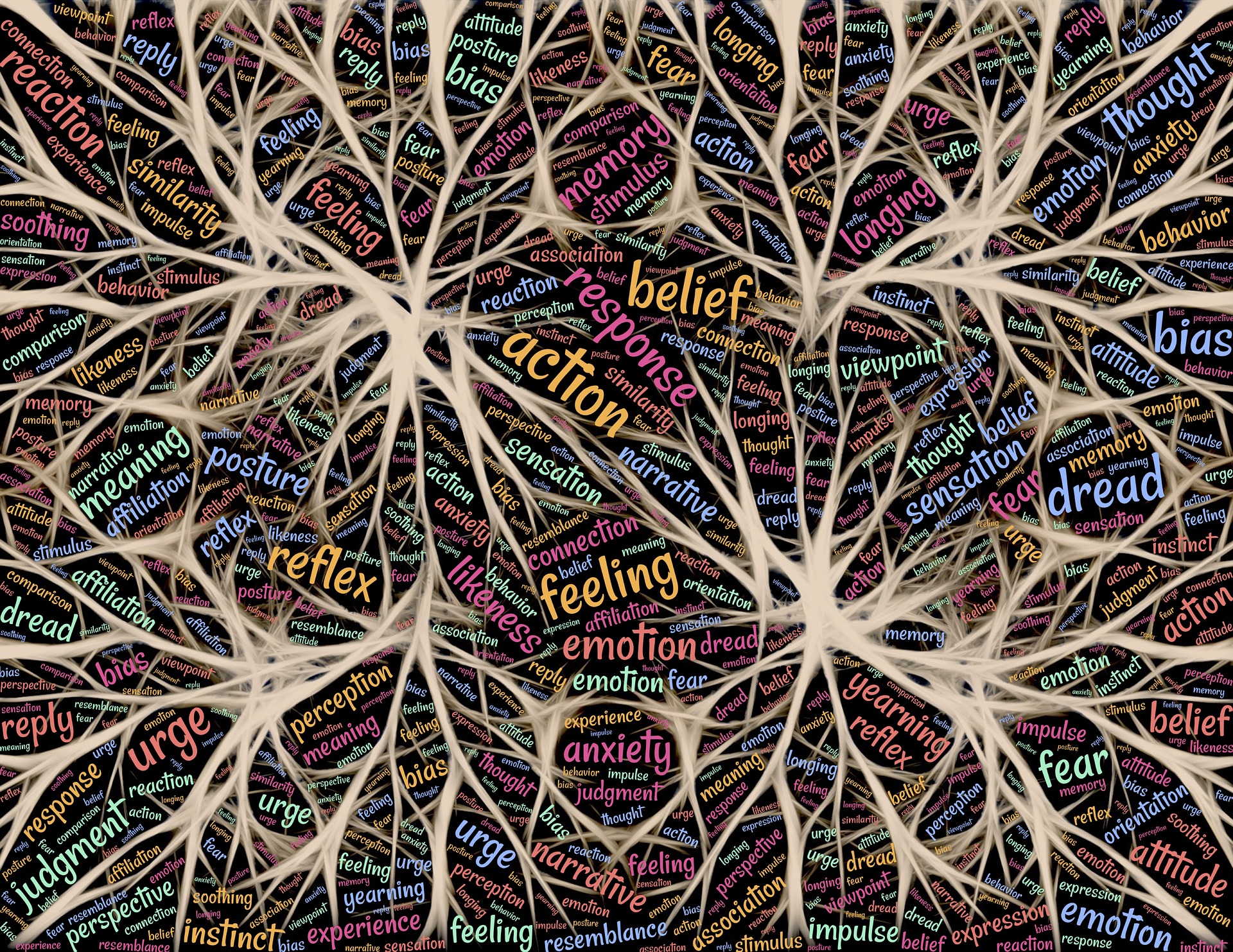
25 Jun Here’s how I know we’re never stuck…..
…. it's called, Experience Dependent Neuroplasticity
This is how I know, based on the research, that we're never stuck.
Research consistently shows whatever we focus on for any period of time our brain learns and encodes. This is especially true if we're linking thought with feelings and linger on body sensations.
We’re doing this all the time. And over time we are sculpting neural structures.
The underlying neural connections signal each other through synapses, the space between cells. The more activated the neural network is the more sensitive they are to growing, in fact, (I’ve found this even more mind-boggling) this signals and turns genes on and off.
The good is we can change. The “bad” (unfortunately) means when we feel stuck and we focus on that, our brain learns that pattern, encodes that, and repeats it.
It also means that the less attention we pay to something the less connections are made, and those connections begin to wither away.
Either way, the key is the intensity of the experience, that happens for any prolonged period and how often that connection is repeated.
This especially true is we’re conscious of what we’re doing which heightens the imprinting process.
Neuroscientists call this process experience dependent neuroplasticity.
Not only does this process change our brain, but get this, we’re literally changing how our genes operate.
Practically, what does this mean about change?
The more we ruminate about pain and suffering, the more we rail against it, the more we linger in our unfortunate circumstances, well then, the more we stay stuck in that very cycle we’re trying to avoid.
Remember: intensity, prolonged, and repeated experiences carve out our future.
If, however, we start deliberately shifting our attention, training our body, mind and heart to experience more nourishing states, the more we change our neural structure – priming us for even more nourishment. We change our life in a more positive direction.
What does this tell us?
- We’re in control of our experience (at least, we can learn those skills)
- What we focus on matters – a lot
- This is especially important because of the lasting traces we imprint in our brain. If we focus on what’s negative that’s unfortunately going to grow. If we focus on more fulfilling and nourishing experiences that grows as well. Research tells us that’s why gratitude works so well. It lays the groundwork for better feeling states.
In the trainings I’ve been teaching we do a lot to shift these imprinted neural states.
One of the exercises we focus on is: Looks like / Feels like.
- Look around, find examples of what feels nourishing
- Focus on it
- Then feel how that nourishment feels in your body
- When resistance or protest arises flow around that protest like water flowing around a boulder in a stream
The reason I’m so vocal about meditation skills in healing trauma is exactly for this reason.
There’s been a ton of research on how meditation shifts the brain – especially with experienced meditators. I’m more interested, however, in how you and I can shift our states of being, how we can live a life free from our traumatic past, with greater ease and well-being.
I’ve been gathering data on how meditation skills support and better the everyday life of the regular person (that’s us!)
Experience-dependent neuroplasticity informs us: the more we cultivate our underlying structures the more we get to choose our own experience rather than be catapulted into whatever experience our history imprinted on us.
Choose nourishment!
Sending goodness, Deirdre

